"On the day of Hungarian freedom, we extend greetings to Hungarians living anywhere in the world," Viktor Orban began his ceremonial speech on October 23 in Veszprem, noting that they should have arrived in the town a day earlier, as the revolutionary organization was already formed here on October 22.
"Veszprem was also among the the first ones at the time when Christian towns were founded. It is a mistake to see 1956 only as a revolution that took place in the capital, and it is therefore fitting that we pay respect to the heroes of the revolution in Veszprem," Viktor Orban said.
"Priests, workers, farmers, teachers and communist party leaders were executed. Old and young people, women and men, both from Budapest and the countryside," he said.
A flash of the Hungarian genius
Remembering a martyr of 1956 from Veszprem, Hungary’s prime minister said that Arpad Brusznyai also understood that 1956 was the last chance for a long time to come for a European Hungary to break free from the world of Bolshevik socialism, which denied European culture, Christian civilization and the right of nations to exist. Just as the Austrians had succeeded a year earlier, he said. As he explained, Brusznyai knew that the doors were about to close. If we failed to get out, the whole country would be forced into the Soviet experiment of creating a communist type of man and a Soviet empire.
"This reckoning is the reason why Hungary’s fight for freedom was neither an outburst of rage from the oppressed, nor was it an unbridled outbreak of the war of independence," he pointed out.
"For all its breathtaking heroism and death-defying courage, the Hungarian revolution was a sober, moderate and responsible move. The revolution itself was a flash of the Hungarian genius, and the story of Arpad Brusznyai was the embodiment of this," PM Orban said.
He recalled that Arpad Brusznyai was executed by the communists after the war of independence was crushed. He was not killed because he was guilty, but precisely because he was innocent, PM Orban pointed out. Hungarians are a chivalrous people, sometimes excessively. That's why we end up being attacked by those we have saved or protected.
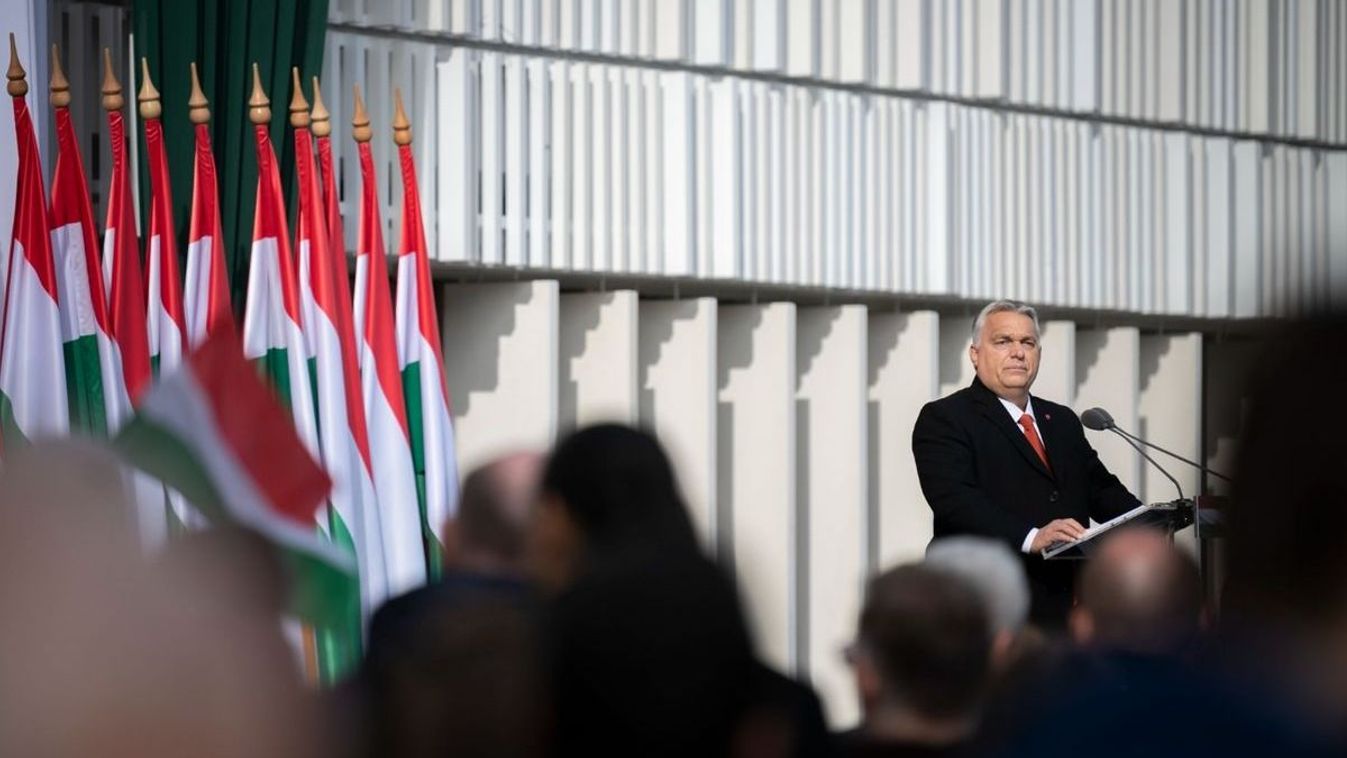
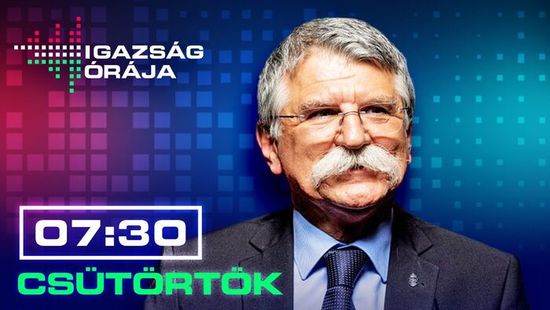
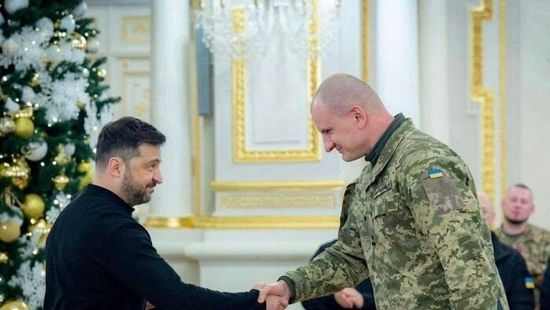
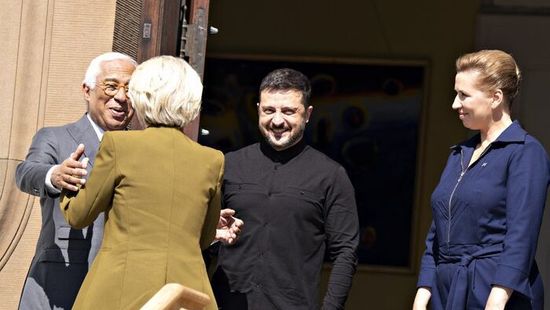
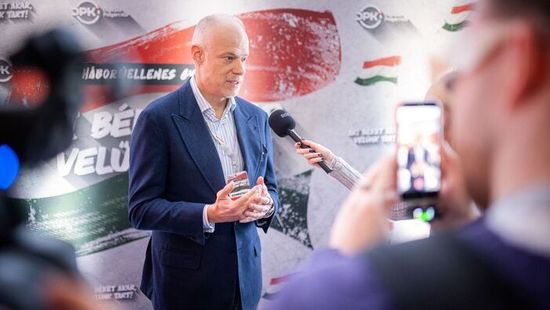

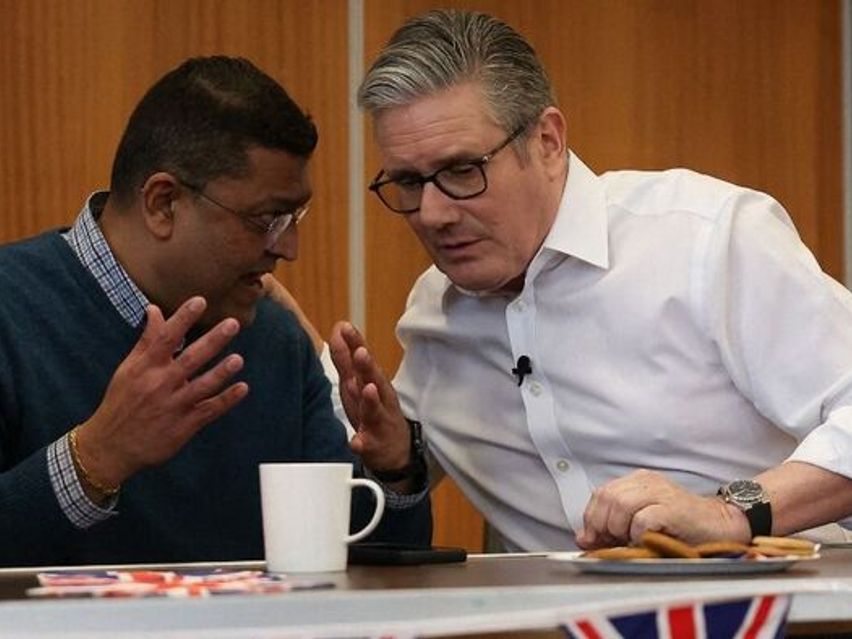
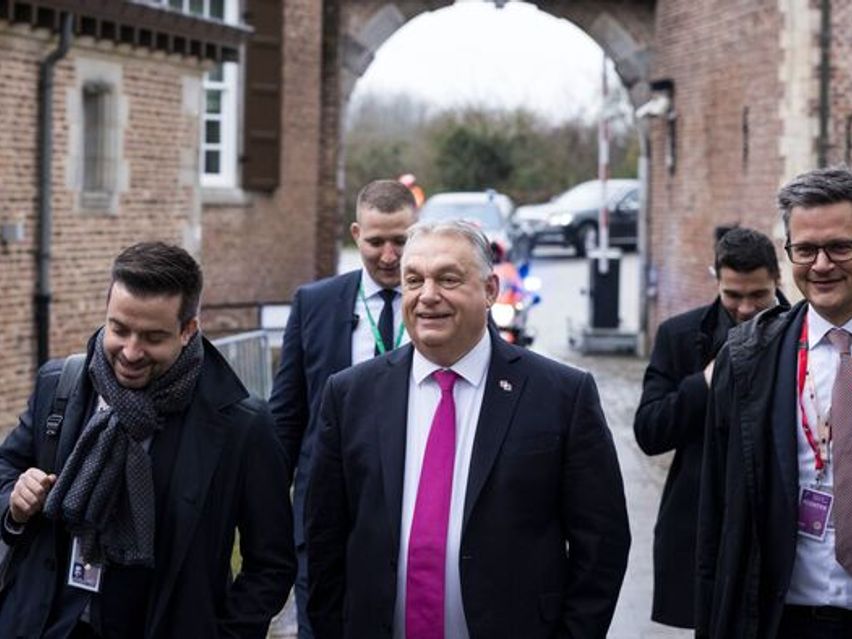

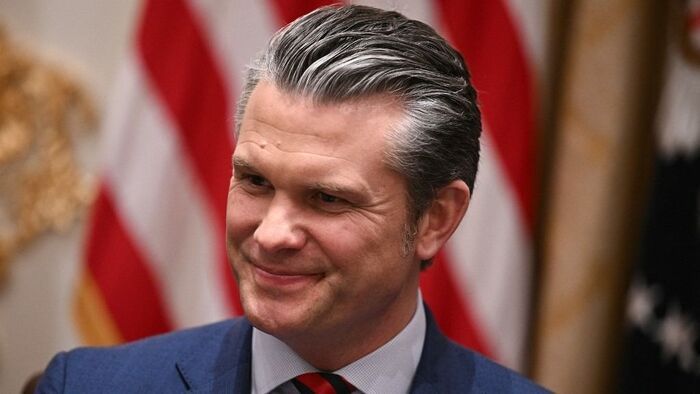

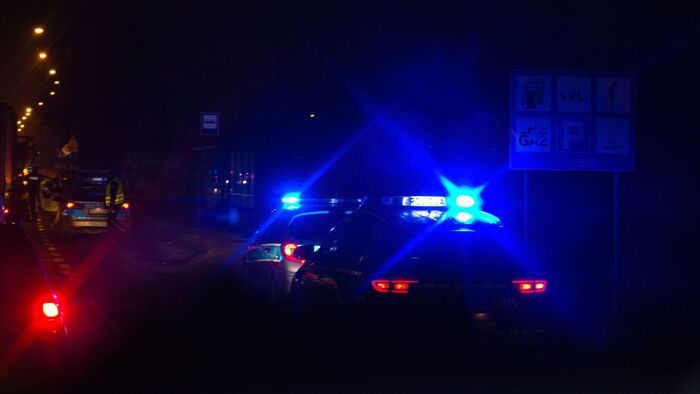
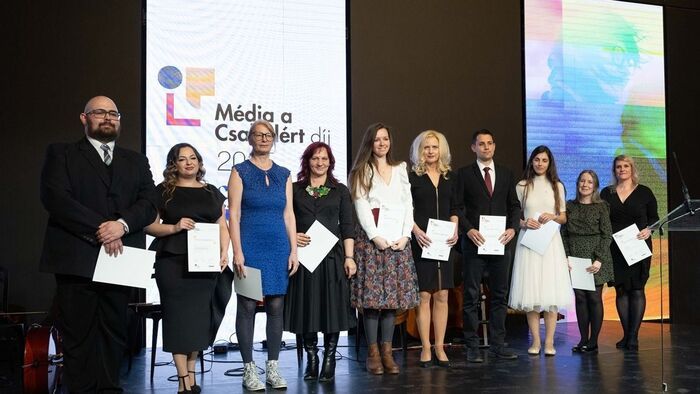

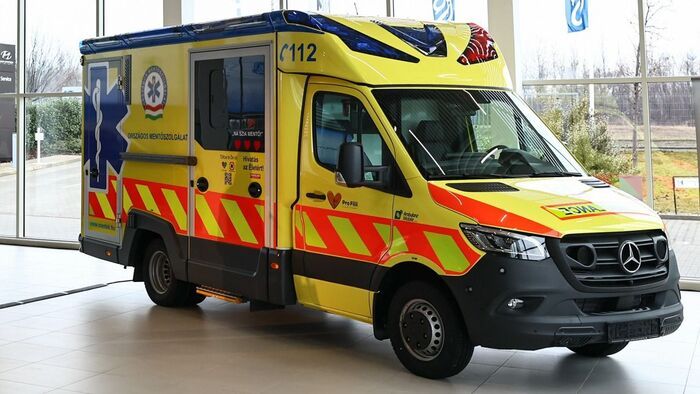
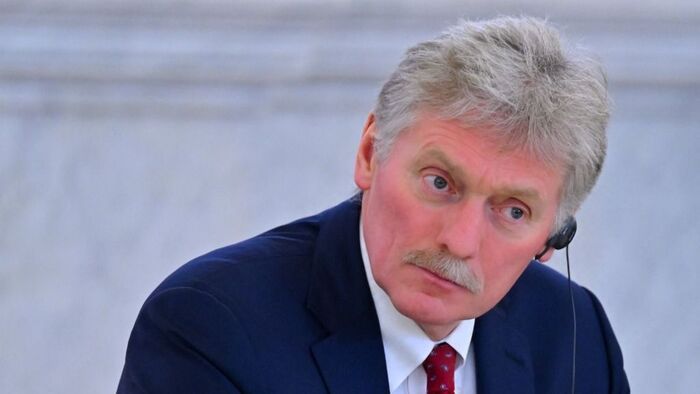
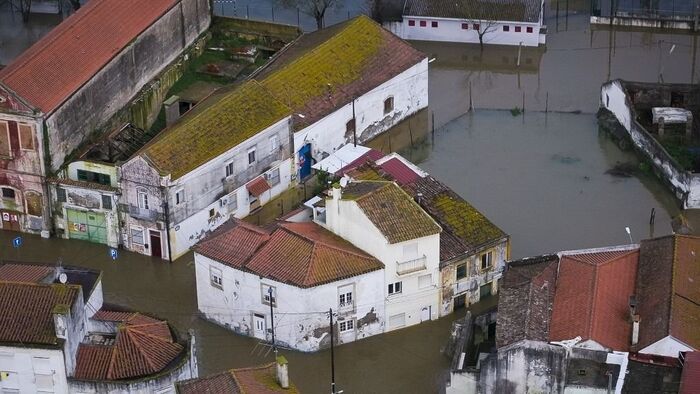
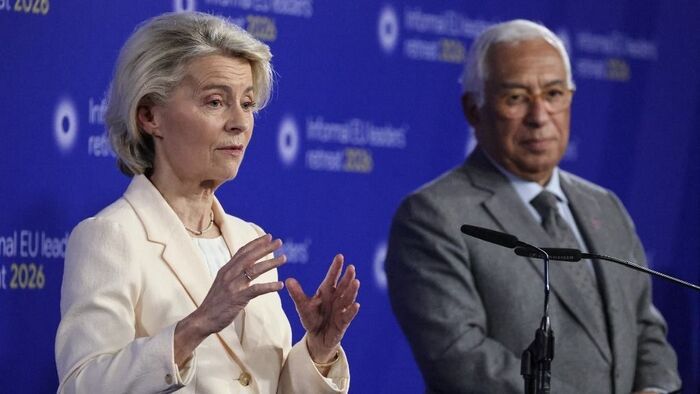
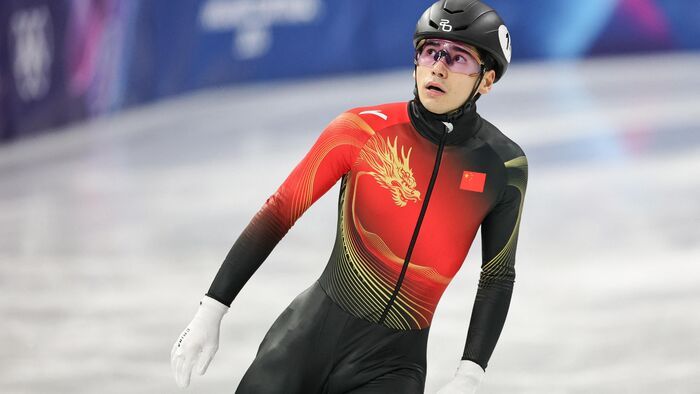
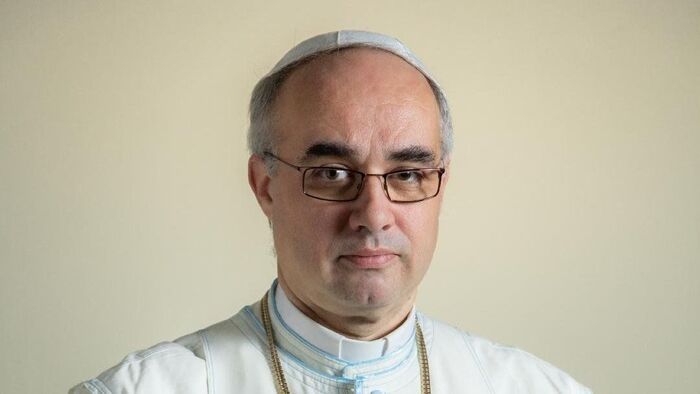
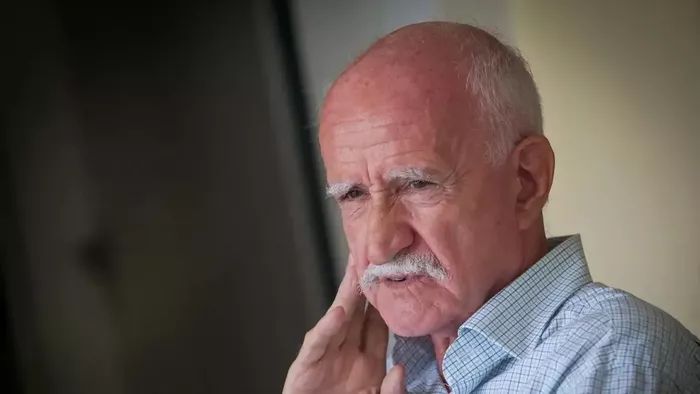

Szóljon hozzá!
Jelenleg csak a hozzászólások egy kis részét látja. Hozzászóláshoz és a további kommentek megtekintéséhez lépjen be, vagy regisztráljon!